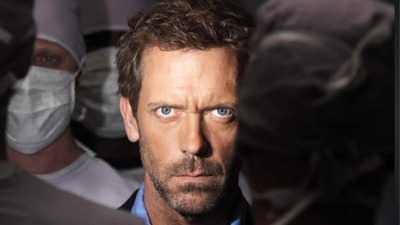
How 'House' got medical mysteries right
03 Jul 2025
House is a medical drama that has fascinated audiences with its depiction of complex medical cases and the art of diagnosis.
The show centers on Dr. Gregory House, an exceptional but unorthodox diagnostician who cracks medical mysteries.
Though dramatized for entertainment, the series provides insights into real-world medical diagnostics. It emphasizes the significance of differential diagnosis, teamwork in medicine, and the role of technology in modern healthcare.
Differential diagnosis emphasis
Diagnostic process
The show hits the mark by putting differential diagnosis as a crucial step in disease identification.
Dr. House and his team frequently write a list of possible conditions on the basis of symptoms before ruling them out with tests and observations.
This is similar to how doctors work in real life, as they consider various possibilities to avoid the risk of misdiagnosis and formulate accurate treatment plans.
Team collaboration importance
Teamwork
House highlights the importance of teamwork in cracking complicated cases.
The varied expertise of House's team ensures that each case is looked at from different angles.
In real life, collaboration between specialists is the key to holistic patient care as it pools different fields of knowledge to reach correct conclusions.
Role of technology in diagnostics
Technological tools
House does a great job of showing how cutting-edge technology is used in diagnosing patients, including MRI machines and genetic testing tools.
These advancements are extremely important in today's medicine, giving us a deep insight into a patient's condition that would otherwise be missed by conventional methods.
By featuring these tools, the show emphasizes their role in diagnosing/treating diseases accurately, mirroring real-life practices.
Patient history significance
Historical context
In the show, patient history plays an integral part to play in diagnosing illnesses correctly.
The series highlights how knowing what happened in the past can help give hints about what may be wrong, something that is commonly practiced by doctors these days to arrive at effective treatment plans by analyzing data from the past.